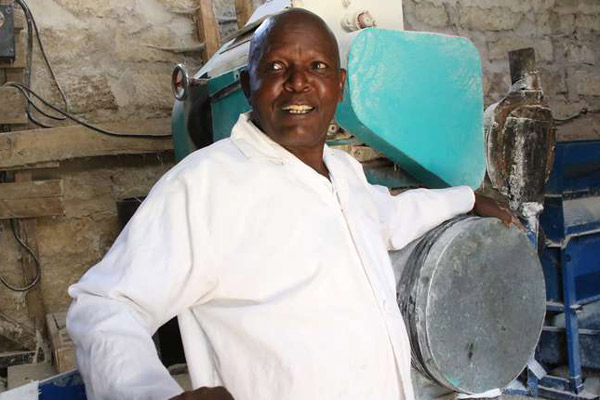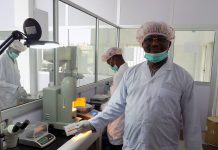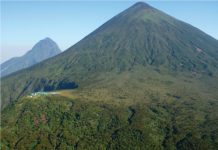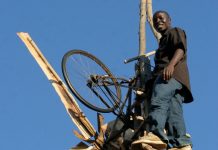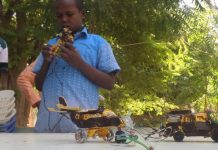(A column highlighting scientific, technological, engineering, and design innovation in Africa)
Kenyan entrepreneur Geoffrey Kithinji Ruku is doing well for himself after venturing into unfamiliar territory. Ruku, a former technical instructor for Kenya’s National Youth Service, built an animal feeds plant, constructing most of the components at his home in Katheri Village on the outskirts of Meru Town in eastern Kenya.
Ruku says the plant was easy to build, since most of his life has been spent working with machinery. “I have been dealing with machines since studying mechanical engineering in the early 1970s,” he said in an interview with the Daily Nation, Kenya’s leading newspaper.
Prior to this enterprise, in 1994 Ruku took early retirement to pursue new business ventures in sawmilling and timber. This quickly turned out to be a failed investment when the government banned logging in state forests in 1999. “I could not sit idle because I had a family to feed,” Ruku, a father of five, told the Daily Nation.
In 2005, the entrepreneur decided to venture into the production of animal feeds and visited a feeds factory in Nairobi Industrial Area in the city of Nairobi to better acquaint himself with the components of a plant. He sold his truck and tractor to raise the money he needed, and began to buy the most crucial parts and machinery for his factory.
The first part he purchased was a mixer. “If feeds are not mixed well, the ingredients and nutrients will not be properly distributed,” he reasoned. Determined to build the machines on his own, he bought only a rolling mill because he found it too complicated to assemble for those inexperienced with that particular machine. Its many moving parts, which include two huge disks, perform the tasks of cutting, tearing and crushing pellets into granules.
By 2014 Ruku had built a hammer mill to crush materials into smaller pieces, and a posho mill, maize hauler and maize-crushing machine – all electric-powered.
Today Ruku’s plant produces food for livestock and poultry, yielding about 100 70-kilogram bags each month for sale to commercial dairy farms as well as to individual farmers. Ruku carefully selects and blends ingredients into nutritional food that help to maintain the health of animals while enhancing the quality of animal products for human consumption, such as, milk, eggs and meat.


